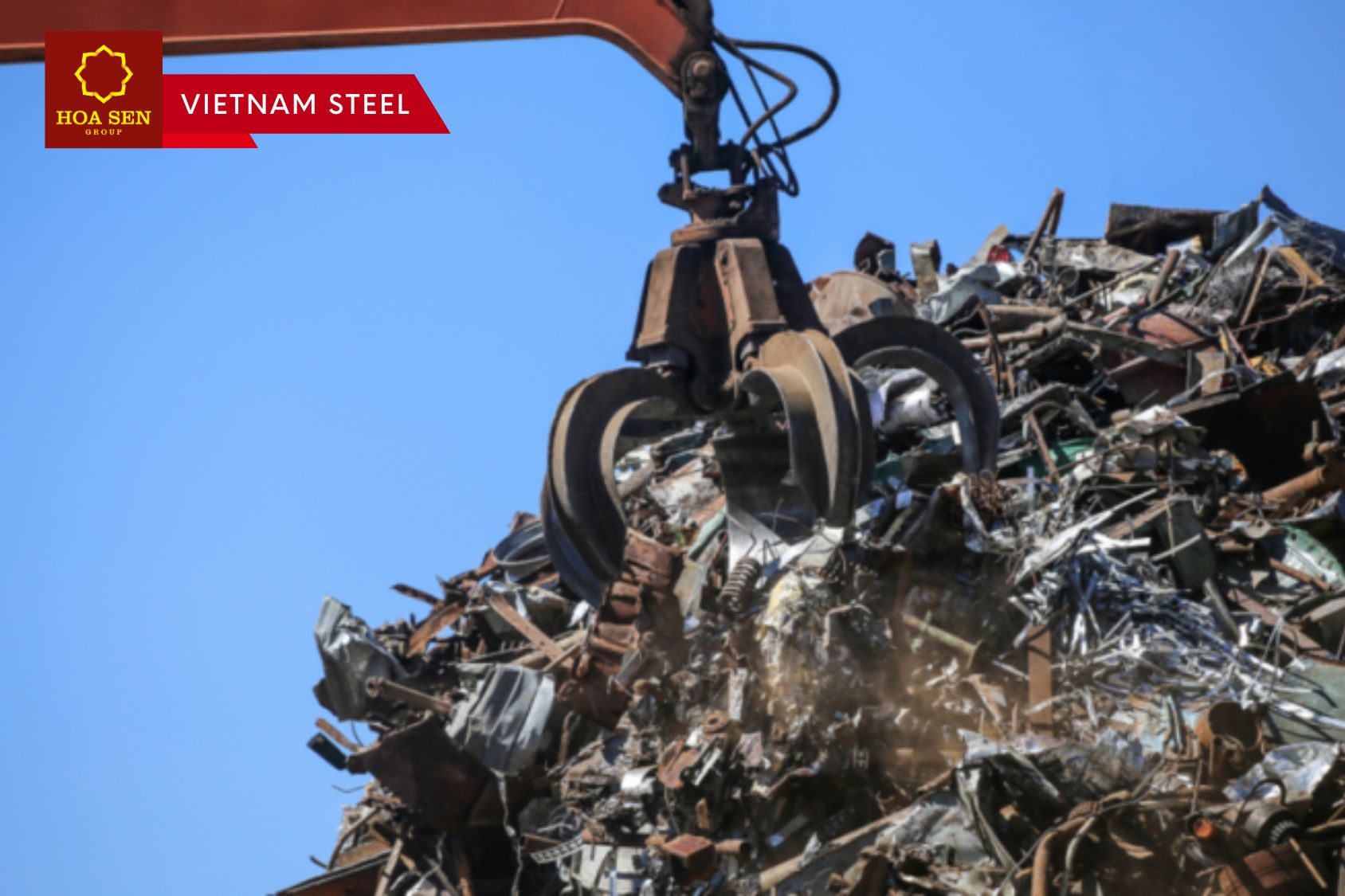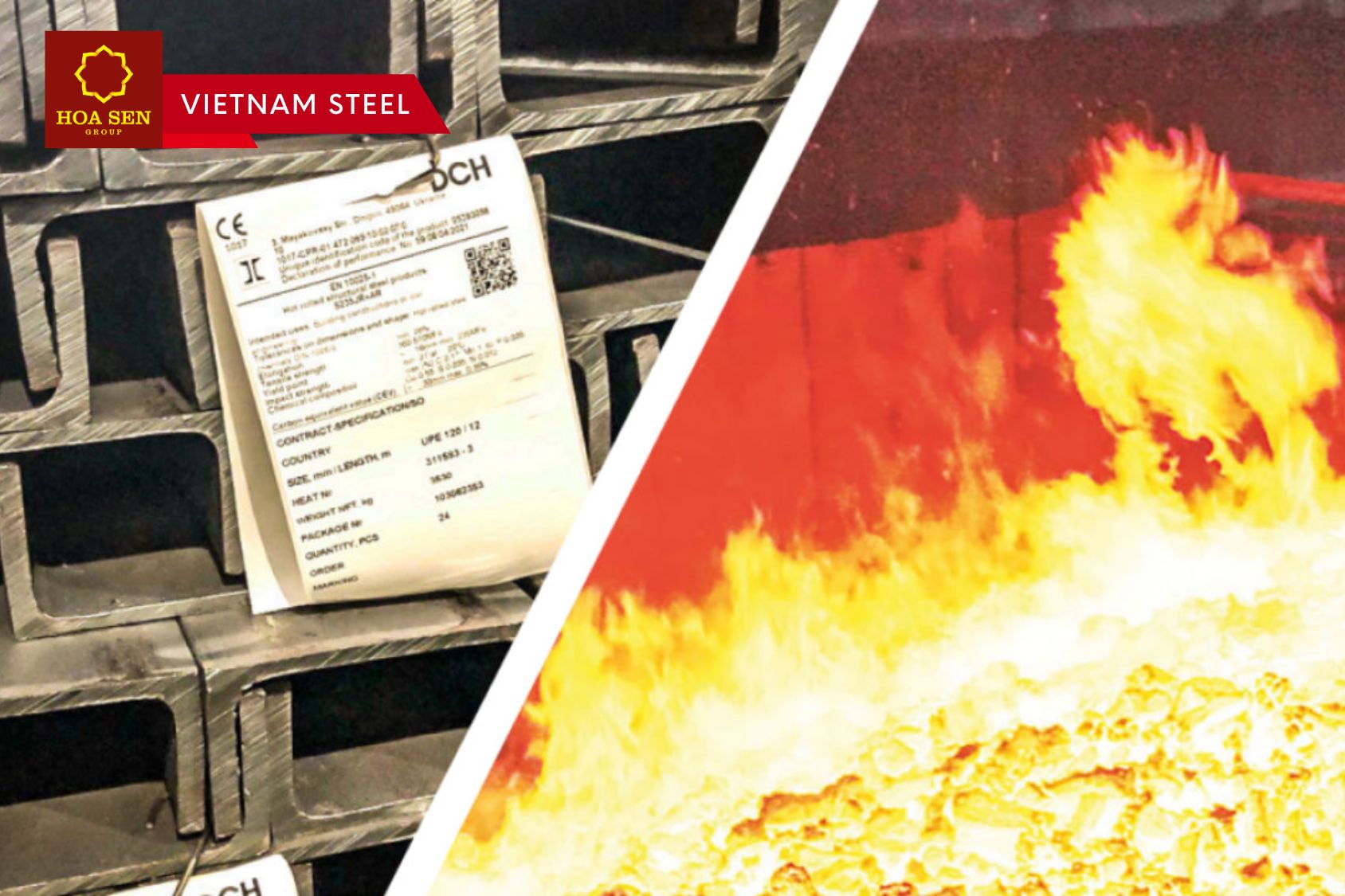Energy-intensive enterprises against overly ambitious climate goals without a clear strategy
The Czech industry is calling on the government to adopt a realistic and well-founded National Climate and Energy Plan (NCEP). This is stated in an appeal by industry representatives published by the Czech Metallurgists Association.
In June of this year, the Czech authorities postponed the approval of strategic documents that should define the country’s energy and climate policy for the next 25 years, including the NCEP. Representatives of the metallurgical, chemical, foundry, construction, and other industries believe that this document needs to be revised and point to a number of critical shortcomings.
The biggest concern is the lack of a clear strategy for future electricity needs to decarbonize energy-intensive industries. Industrialists emphasize the importance of securing stable energy sources, in particular from renewable or low-carbon sources, to meet growing demands.
“The success of decarbonization depends not only on large financial investments in green technologies, but also on the availability of sufficient electricity, which should come not only from renewable sources. Moreover, the availability of these technologies is currently limited,” the statement said.
According to them, the concept of the NCEP does not currently correspond to the country’s real decarbonization capabilities. The lack of a detailed analysis of the impact on industrial sectors makes the plans unrealistic. Industrialists are demanding that the document include an assessment of the impact on the competitiveness of Czech enterprises, as well as take into account the possible adoption of the goal of reducing greenhouse gas emissions by 90% by 2040.
Another drawback of the NCEP is the lack of analysis of the necessary investments in modernization of infrastructure, power grids, and technologies, without which the transition to low-carbon energy will be impossible. The issue of financing such investments also remains open.
“The NCEP should correspond to the real situation in our country’s economy and should not limit the competitiveness of industry. The Czech Republic has always been an industrialized country that depends heavily on exports. If the plan leads to deindustrialization, the industry should be informed about it in advance,” the industrialists add.
If such measures are implemented, large industrial enterprises in the Czech Republic will be forced to reconsider their activities. Some of them may cease operations or relocate their facilities to other countries where business conditions are more favorable, which is already happening in some cases, the appeal summarizes.
As reported earlier, in 2023, the Czech Republic reduced steel production by 21.1% compared to 2022, to 3.4 million tons. As a result, the country ranked 39th in the global steel producer ranking by WorldSteel. The sharp decline in steel production in the country is likely due to problems at Liberty Steel Ostrava.
Imports of rolled steel products to the Czech Republic from third countries last year decreased by 8.9% compared to 2022, to 238.17 thousand tons. At the same time, steel exports increased by 9.6% y/y – to 168.93 thousand tons.
Read more: DMZ produced 1.98 thousand tons of rolled products in September
Vietnam Steel by Hoa Sen Group

